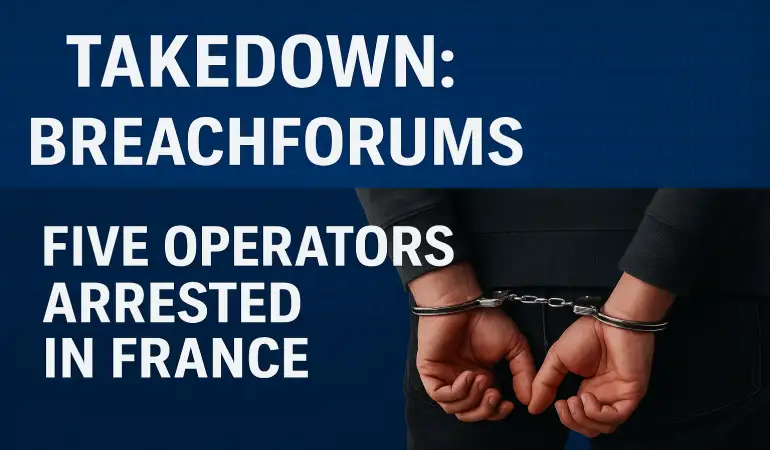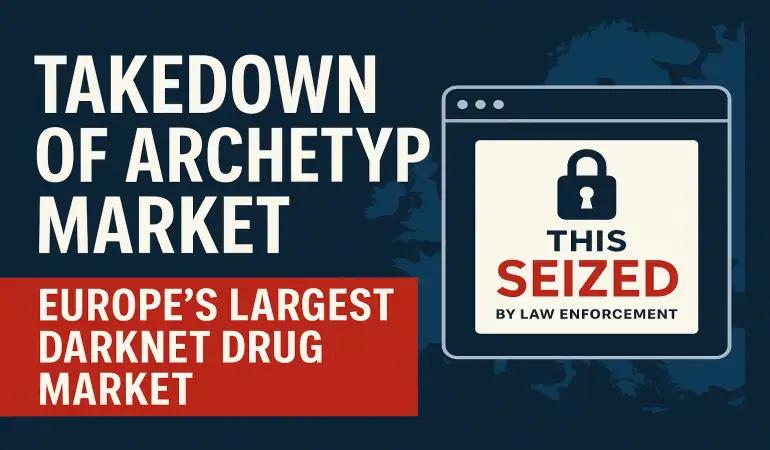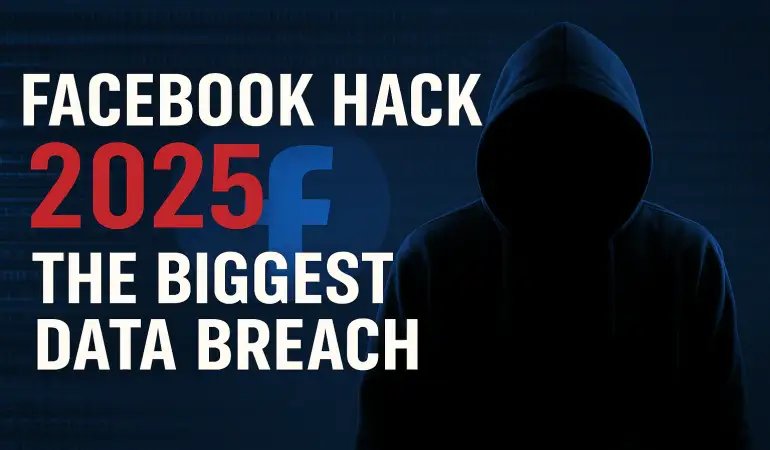Typers of Hacker
Unveiling the Fascinating World of Hackers: A Deep Dive into Hacker Types In the enigmatic corners of the digital landscape, a diverse and intricate ecosystem of hackers thrives. Often misunderstood and subject to stereotypes, these individuals wield a range of skills that can either safeguard or threaten the online world. The realm of hacking is as multifaceted as it is captivating, and to truly grasp its nuances, one must explore the various types of hackers that operate within this domain. Each category is defined by its unique motivations, methods, and ethical considerations—or lack thereof.
August 25, 2024 12:39
White Hat Hackers: The Ethical Defenders
White Hat Hackers, also known as ethical hackers, are the protectors of cyberspace. Comparable to law-abiding citizens, they use their expertise to serve the greater good. With a deep knowledge of network systems, coding languages, and security protocols, White Hat Hackers are often hired by organizations to identify and rectify vulnerabilities before malicious actors can exploit them.
These hackers adhere to a strict ethical code, often guided by regulations like the Computer Fraud and Abuse Act (CFAA) in the United States. Their main goal is to strengthen defenses, ensuring the integrity, confidentiality, and availability of data. White Hat Hackers are the unsung heroes of the digital world, tirelessly working to keep malicious forces at bay.
Black Hat Hackers: The Cyber Criminals
In stark contrast, Black Hat Hackers are the digital age's outlaws. Driven by personal gain, malice, or a desire for chaos, these hackers exploit system vulnerabilities for illegal purposes. They are the online equivalent of thieves and saboteurs, often causing significant damage to businesses, governments, and individuals.
Black Hat Hackers use a wide array of techniques to achieve their illicit goals, from phishing scams and ransomware attacks to sophisticated data breaches. Constantly evolving, they strive to outpace security measures, often leaving behind a trail of financial loss, data theft, and even national security threats.
Grey Hat Hackers: The Ethical Ambiguity
Grey Hat Hackers occupy a murky middle ground between White and Black Hats. Operating in a legal and ethical gray area, their actions may not always align with established norms, but their intentions are not entirely malicious. Grey Hat Hackers often uncover vulnerabilities without permission, sometimes offering to fix the issues they discover—for a fee.
While their actions can be ethically questionable, Grey Hat Hackers contribute to cybersecurity by identifying flaws that might otherwise go unnoticed. However, their unpredictable behavior makes them a controversial figure in the hacking world.
Script Kiddies: The Novice Disruptors
Among the various hacker types, Script Kiddies are often viewed with a mix of disdain and amusement by more seasoned hackers. Typically young and inexperienced, they rely on pre-written scripts or tools developed by others to execute basic cyberattacks. Their primary motivation is disruption for fun or bragging rights, rather than achieving significant objectives.
Despite their lack of sophistication, Script Kiddies can still pose a threat, especially when targeting vulnerable systems. However, their limited skills often result in poorly executed attacks that are easily countered by basic security measures.
Hacktivists: The Digital Activists
Hacktivists blend hacking with activism, leveraging their skills to champion political, social, or environmental causes. These hackers view themselves as digital warriors, often targeting organizations, governments, or corporations they perceive as corrupt or oppressive. Their methods range from defacing websites and leaking data to launching sophisticated attacks aimed at disrupting operations or raising awareness.
Groups like Anonymous have gained notoriety for high-profile attacks on government agencies, corporations, and even terrorist organizations. While some see Hacktivists as champions of free speech and transparency, others view them as reckless vigilantes whose actions can have unintended consequences.
Nation-State Hackers: The Cyber Soldiers
In the secretive world of cyber warfare, Nation-State Hackers operate as digital soldiers, executing attacks on behalf of their governments. These highly skilled individuals are often part of state-sponsored cyber units, tasked with gathering intelligence, disrupting enemy operations, or conducting espionage. Nation-State Hackers are among the most formidable, possessing the resources and expertise to execute complex, targeted attacks.
Their activities range from stealing sensitive information and intellectual property to attacking critical infrastructure. The impact of their actions can be far-reaching, influencing global geopolitics and sometimes blurring the lines between state-sponsored and independent cybercrime.
Cybercriminals: The Digital Mafias
Cybercriminals are the online equivalent of organized crime syndicates, operating in the shadows to profit from illegal activities. Motivated by financial gain, they engage in a wide array of crimes, including identity theft, credit card fraud, and the sale of stolen data on the dark web. Cybercriminals often collaborate with other criminals to maximize profits and evade law enforcement.
These hackers are continually innovating, developing new techniques to bypass security measures and exploit vulnerabilities. Their actions can result in significant financial losses for individuals and organizations, making them a persistent threat in the digital world.
Insider Threats: The Rogue Employees
Not all hackers come from outside an organization. Insider Threats are employees or former employees who misuse their access to company systems for malicious purposes. These hackers often have an in-depth understanding of the organization's infrastructure, making their attacks particularly dangerous. Whether motivated by revenge, financial gain, or personal grievances, Insider Threats can cause severe damage to an organization.
Their attacks may involve stealing sensitive information, sabotaging systems, or selling access to external hackers. The challenge in detecting and preventing insider threats lies in their ability to blend in with legitimate users, making them a particularly insidious and difficult-to-detect threat.
Red Hat Hackers: The Vigilante Hackers
Red Hat Hackers are the vigilantes of the hacking world, taking on the roles of judge, jury, and executioner in their quest to neutralize Black Hat Hackers. These hackers use aggressive, often illegal, tactics to retaliate against malicious hackers, sometimes hacking into their systems, destroying their infrastructure, or leaking their identities.
Unlike White Hat Hackers, who operate within the law, Red Hat Hackers work outside legal boundaries, using any means necessary to eliminate threats. While some view their actions as heroic, others warn that they can escalate conflicts and create additional risks in the digital landscape.
Blue Hat Hackers: The Security Specialists
Blue Hat Hackers are often external security consultants or researchers brought in to test and secure systems. Unlike White Hats, who may be permanent employees, Blue Hat Hackers are typically hired temporarily to conduct penetration testing or vulnerability assessments. Their expertise is crucial in identifying and addressing security issues before malicious actors can exploit them.
These hackers are often experts in the latest hacking techniques and security measures, helping organizations bolster their defenses and stay ahead of potential threats. Blue Hat Hackers are an essential part of the cybersecurity ecosystem.
Green Hat Hackers: The Aspiring Hackers
Green Hat Hackers are newcomers to the hacking world, driven by a desire to learn and develop their skills. These hackers, motivated more by curiosity than malice, spend countless hours studying coding languages, security protocols, and hacking techniques. While they may not yet have the expertise of more seasoned hackers, Green Hats are determined to improve, often seeking mentorship from experienced hackers.
Green Hat Hackers typically avoid illegal activities, though their inexperience can sometimes lead them into questionable areas. As they gain knowledge, they may choose to align with White Hat, Grey Hat, or even Black Hat hackers, depending on their ethics and motivations.
Conclusion: The Rich Tapestry of Hacker Types
The hacking world is a complex and dynamic environment, filled with individuals driven by a variety of motivations, skills, and ethical standards. From the ethical guardians of the digital realm to the outlaws who seek to exploit it, each type of hacker plays a role in shaping the cybersecurity landscape.
Understanding these different hacker types is essential for anyone navigating the digital world. Whether you're a business owner, a government agency, or an individual concerned about privacy, awareness of these actors is the first step in defending against their actions.
As technology continues to evolve, so too will the tactics and techniques employed by hackers. The ongoing battle between those who seek to protect the digital world and those who aim to exploit it will continue to shape the future of cybersecurity. By staying informed and vigilant, we can better prepare for the challenges ahead and ensure that the digital realm remains a place of opportunity, innovation, and security for all.




